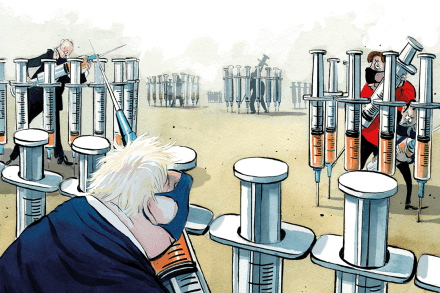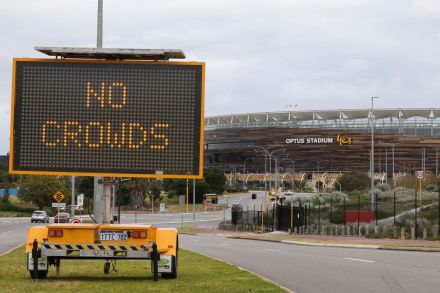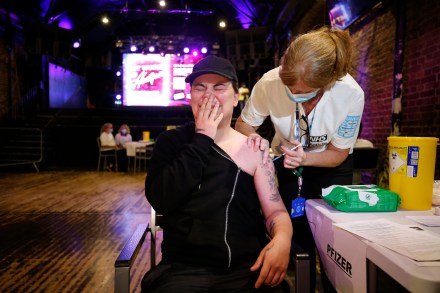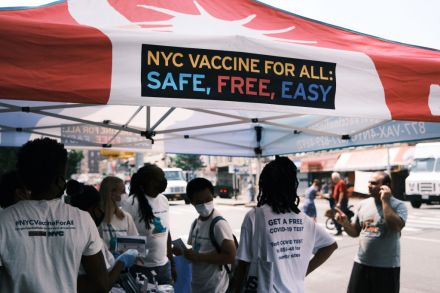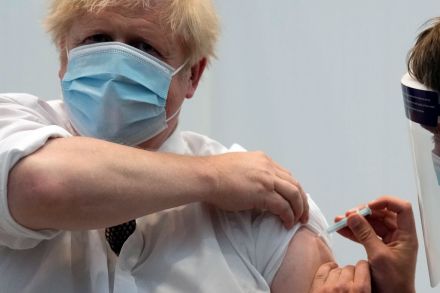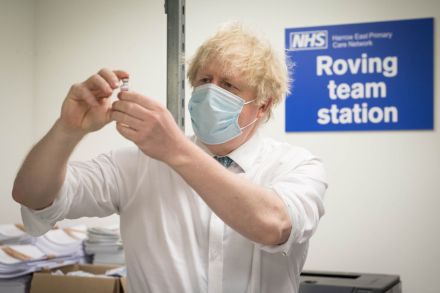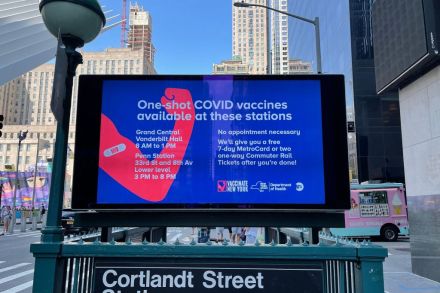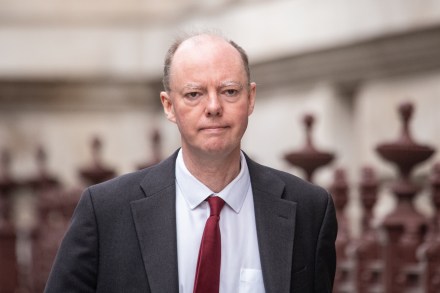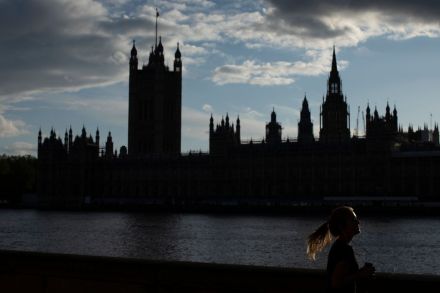The problems posed by booster shots
It is already known that there will be a campaign of booster shots in the UK this autumn to boost immunity among the over-50s. But it now looks like the government is planning one for autumn 2022 as well. Steven Swinford reports in the Times today that the UK has ordered 35 million doses from Pfizer for next year. The number of doses ordered suggests that the government wants to have the option in 2022 of giving a booster shot to everyone in clinical groups 1-9: the over-50s. Swinford reports that the government was prompted to act, in part, by the fact that the EU has already placed an order
